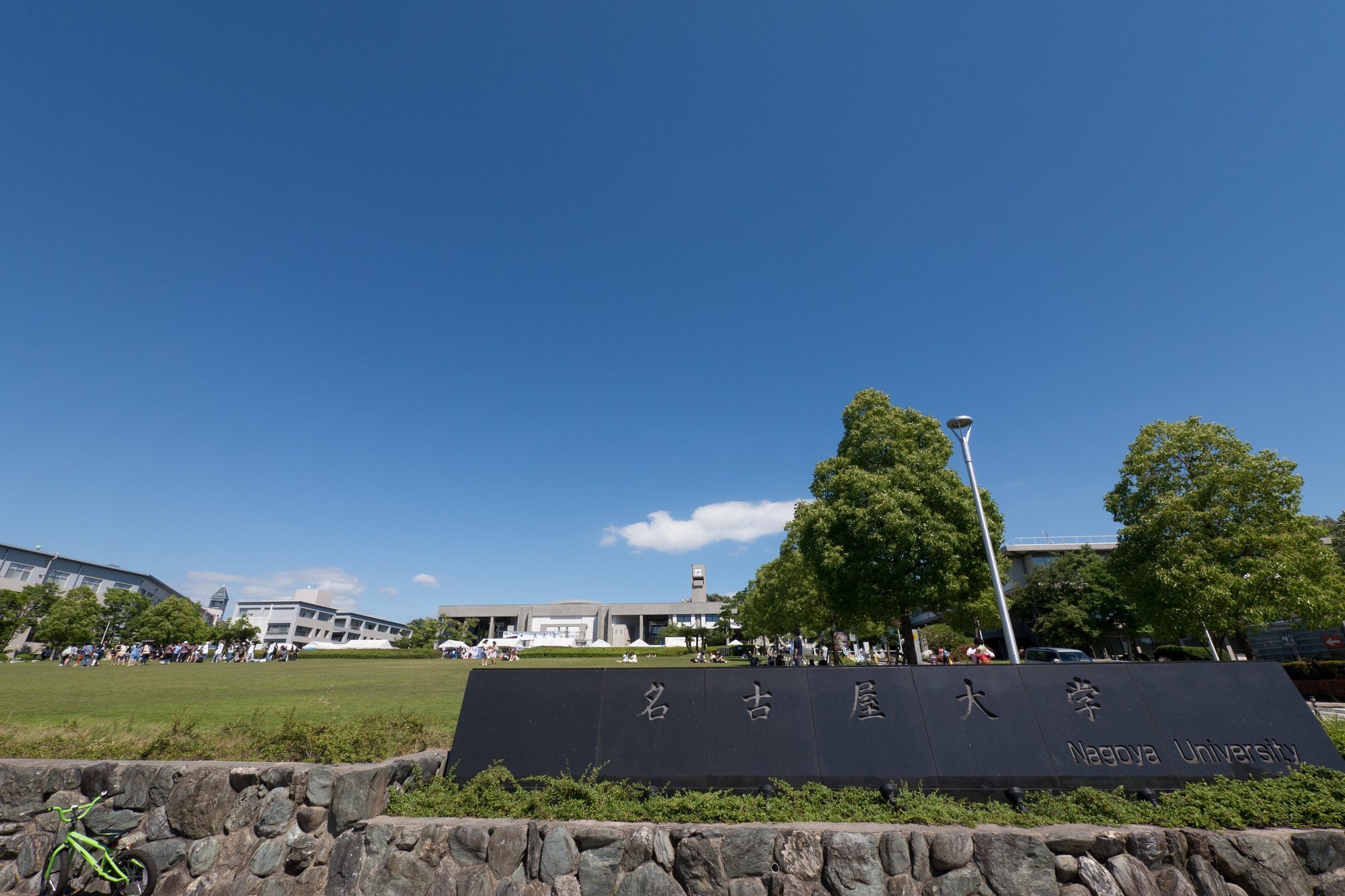A collaborative research group led by Masanori Murayama, Team Leader, RIKEN, Professor Akihiro Yamanaka of Nagoya University, and Professor Norio Matsugi of the University of Tokyo (at that time) confirmed that even in the absence of sleep, stimulation of the neocortex improves memory.It was published in the online bulletin version of the American scientific magazine "Science".
When you fall asleep, non-REM sleep, which is a light sleep, appears first, and then the movement to shift to deep REM sleep is repeated 4 to 5 times a night.One of the functions of sleep is the "memory retention action" that fixes the sensations experienced while awake as "perceptual memory", which is the second motor area (M1) in the neocortex. Information processing via a "top-down circuit" that connects the higher-order area (related to behavioral memory) and the lower-order area called the first somatosensory cortex (S2) (which controls skin sensation, etc.) is important. ing.However, it was unclear what would happen to the perceptual memory fixation when the top-down circuit was actually operated.
In 2015, Murayama team leaders, who discovered that "top-down input" from M2 to S1 was involved in the normal perception of skin sensation in mice, thought that top-down input was also involved in the establishment of sensory memory.Therefore, we found that when mice were first perceptually learned and top-down input was suppressed during non-rem sleep immediately afterwards, memory retention was hindered.Next, when M2 and S1 were activated at the same time during non-rem sleep after perceptual learning and stimulated with light, they were able to retain the learned memory for a longer time than mice that had normal sleep.It is known that memory does not settle well unless you sleep for a long time, but the results of this study show that even if you lack sleep, you can improve your memory by stimulating the neocortex at the right time.
Since the neocortex stimulated this time is on the surface of the brain, similar stimulation can be given to humans by using transcranial magnetic stimulation or the like.By improving the results of this research for clinical use, we can expect results with a view to developing treatments for sleep disorders and maintaining sensory memory in the elderly.

